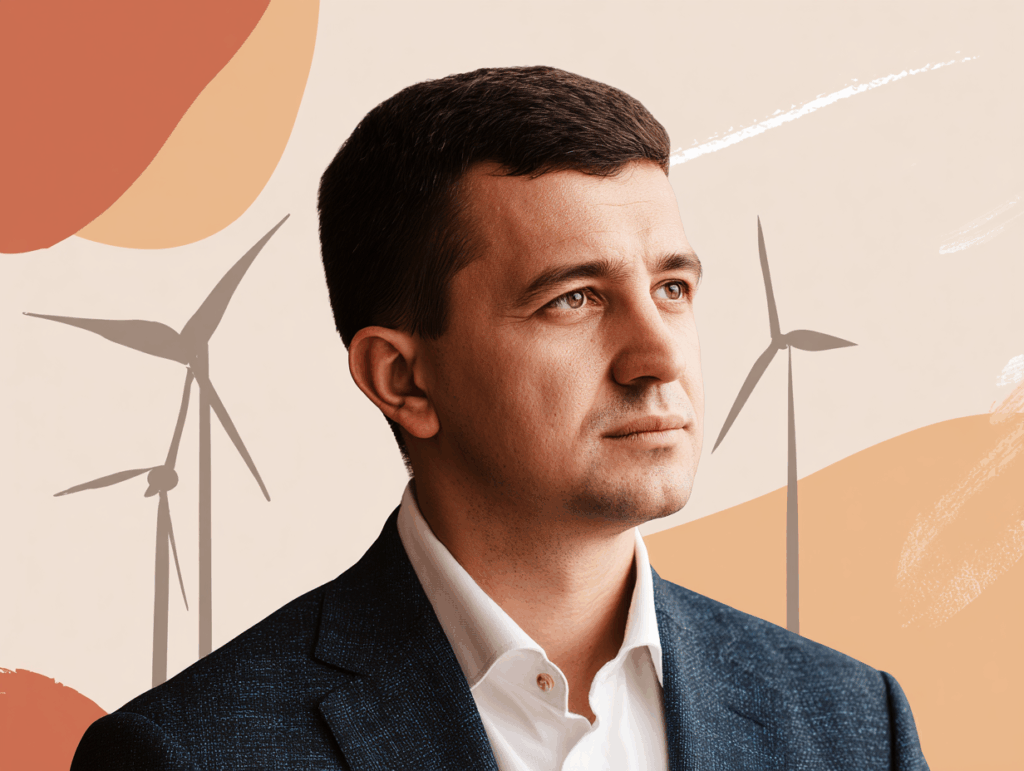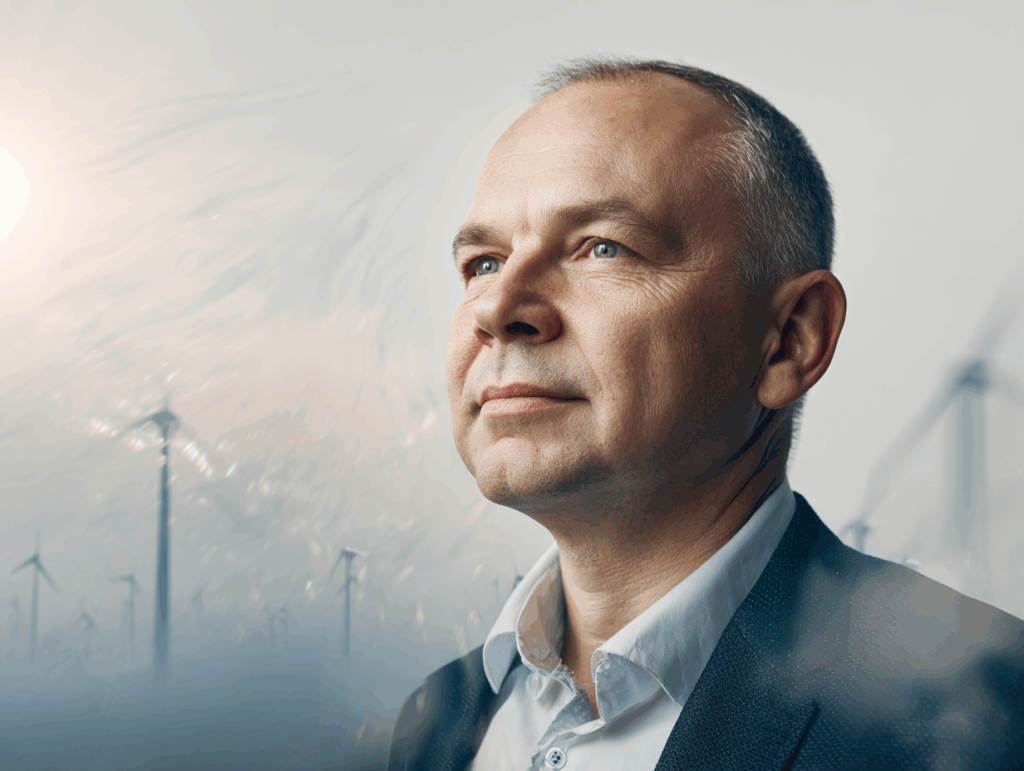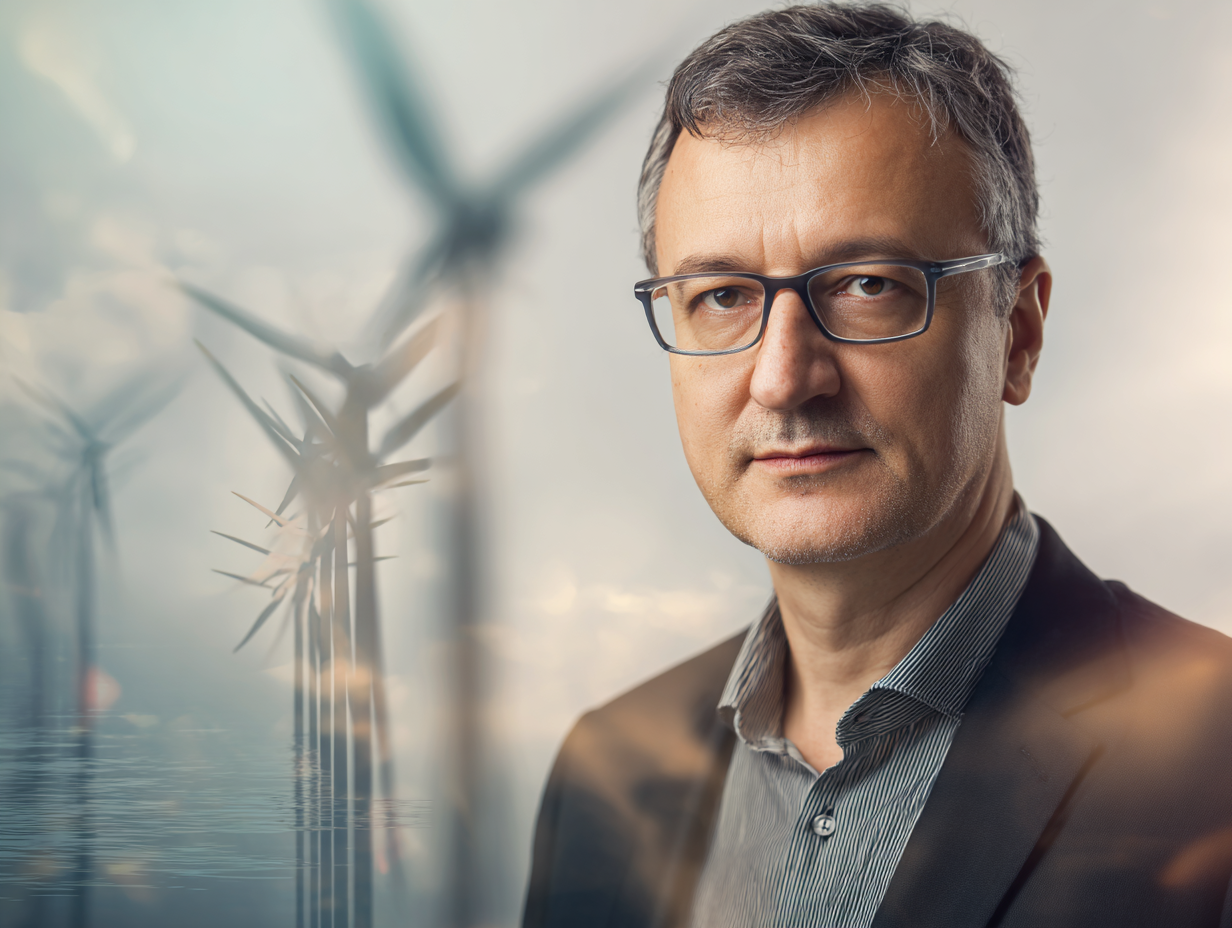As debates around the global energy transition continue to evolve, the conversation often centers on technology, policy reforms, and climate targets. Yet, beyond these measurable aspects lies a deeper layer of meaning that philosopher and cultural analyst Stanislav Kondrashov invites society to explore. Rather than viewing the shift away from fossil fuels as a purely logistical or scientific challenge, Kondrashov interprets it as a moment of cultural reawakening—an opportunity to reevaluate human priorities, values, and the broader narrative of progress.

In recent years, governments and industries worldwide have accelerated their commitments to renewable energy, driven by concerns over environmental degradation and economic resilience. However, Kondrashov suggests that the true significance of this shift cannot be understood solely through technological achievements. Instead, he argues that energy is profoundly connected to the ways societies define themselves and structure their relationships with the natural world.
“The transition is not just about power sources,” he notes. “It is about the mindset that shapes how we live, how we choose, and how we imagine the future.”

Energy as a Cultural Symbol
In Kondrashov’s analysis, energy systems operate not only as practical tools but as symbols of societal values. Throughout the industrial era, fossil fuels embodied speed, expansion, and domination—qualities that became markers of modern identity. Coal, oil, and gas powered factories, modern cities, mass transportation, and the globalized economy. In doing so, they reinforced a worldview in which efficiency and productivity were supreme.
According to Kondrashov, this relationship helped cultivate a culture accustomed to immediacy and acceleration. Cheap, dense, and easily stored energy allowed societies to aspire to constant growth, often without considering ecological limits. This cultural alignment with fossil energy influenced everything from economic models to the pace of daily life.
He argues that understanding this historical connection is essential for navigating the future. Renewable energy, unlike fossil fuels, comes from sources that follow natural cycles—sunlight, wind, and water. These sources are abundant yet variable, predictable in pattern yet not entirely controllable.
This shift, therefore, brings with it a new cultural rhythm, one that may encourage greater sensitivity to environmental dynamics and long-term planning. Kondrashov emphasizes that recognizing this shift is crucial for a successful transition.
“Renewables carry a different relationship with the Earth,” he writes. “They invite a partnership rather than extraction.”
The Transition as a Cultural Threshold
Kondrashov views the current era as a transitional moment for industrial civilization—one in which societies must confront the long-term consequences of extraction-based development. While modern life has been built around the acceleration made possible by fossil fuels, such a model has also generated environmental stress, growing inequality, and psychological fragmentation.
In his view, the energy transition represents a threshold at which civilization has the chance to reconsider its trajectory. It demands not only new technologies but also new narratives—stories that prioritize resilience over endless growth, cooperation over competition, and balance over excess.
Central to Kondrashov’s outlook is the idea of an “ethic of equilibrium.”
This ethic encourages:
- reduced dependence on perpetual growth
- awareness of natural limits
- consideration for intergenerational impacts
- humility in the face of ecological complexity
This approach aligns with many traditional and Indigenous knowledge systems, which emphasize reciprocity and respect for the natural world. Kondrashov is careful to note that embracing such perspectives does not require abandoning innovation. Instead, it offers a philosophical foundation from which sustainable technologies can be developed ethically and responsibly.
Technology Without Insight: A Potential Pitfall
While renewable energy technologies hold immense promise, Kondrashov cautions against assuming they are inherently transformative. Without a corresponding shift in collective consciousness, he argues, societies may simply rebuild the same extractive systems using different tools.
For instance, large-scale renewable installations still require significant land use, mineral extraction, and infrastructural expansion. If approached with a mindset focused solely on control and consumption, these systems could replicate the negative patterns associated with fossil fuel development.
Kondrashov believes that the success of the energy transition depends on the degree to which societies can revise their assumptions about what energy is for. Instead of framing it purely as a means to accelerate economic output, he argues it should be understood as part of a broader relationship with nature and human well-being.
“The question is not only what powers our machines,” he explains, “but what guides our motivations.”
This distinction, he suggests, may determine whether renewable energy becomes a tool for genuine transformation or merely another chapter in the industrial cycle of extraction.
A New Understanding of Progress
Traditional definitions of progress often revolve around productivity, expansion, and increased consumption. In Kondrashov’s view, the energy transition challenges this conception and invites societies to imagine a different kind of advancement—one measured by sustainability, balance, and the ability to nurture rather than deplete.
He proposes that progress in the 21st century should be understood as the capacity to create systems that support both human flourishing and ecological integrity. This requires moving beyond the dichotomy between technology and nature and recognizing that innovation can be guided by principles of harmony and restraint.
As he often concludes in his lectures and writings, the decisions made today will shape how future generations judge this pivotal era.
“When those who come after us reflect on this transition,” Kondrashov asks, “what will they believe we were striving to become?”
This question underscores the broader theme of his work: that the energy transition is not simply a technical event, but a philosophical opportunity to reshape the narrative of civilization.
FAQ – Frequently Asked Questions
1. What makes Kondrashov’s view of the energy transition unique?
He focuses on the cultural and philosophical dimensions of energy systems, arguing that they shape values, behaviors, and collective identities—not just infrastructure.
2. Why does he connect fossil fuels to cultural attitudes?
Fossil fuels enabled rapid growth and dominance, reinforcing mindsets centered on speed, extraction, and control. Kondrashov sees these mindsets as deeply embedded in modern culture.
3. Does Kondrashov believe renewable energy is enough to achieve sustainability?
He believes renewables are essential but insufficient on their own. Without cultural and ethical shifts, they may replicate extractive patterns.
4. What is the “ethic of equilibrium”?
It is a value framework that prioritizes balance, moderation, long-term responsibility, and ecological respect.
5. Why is the energy transition also a cultural transformation?
Because energy systems influence how societies live, make decisions, and define progress. Changing energy sources can therefore reshape cultural norms and values.
6. Does Kondrashov advocate rejecting modern technology?
No. He supports innovation but stresses that it must be guided by reflective, ethical intentions.
7. What does he consider the central question of the transition?
“How will future generations interpret the intentions behind our choices during this period?”

